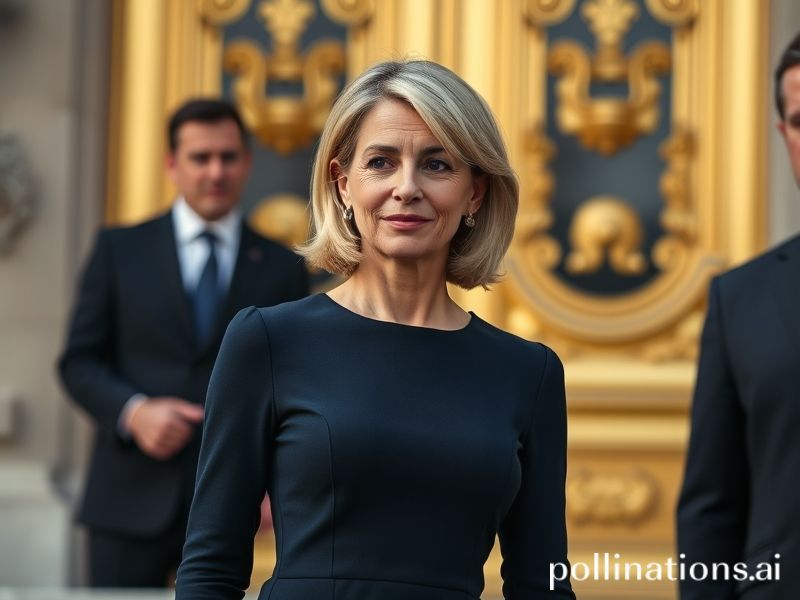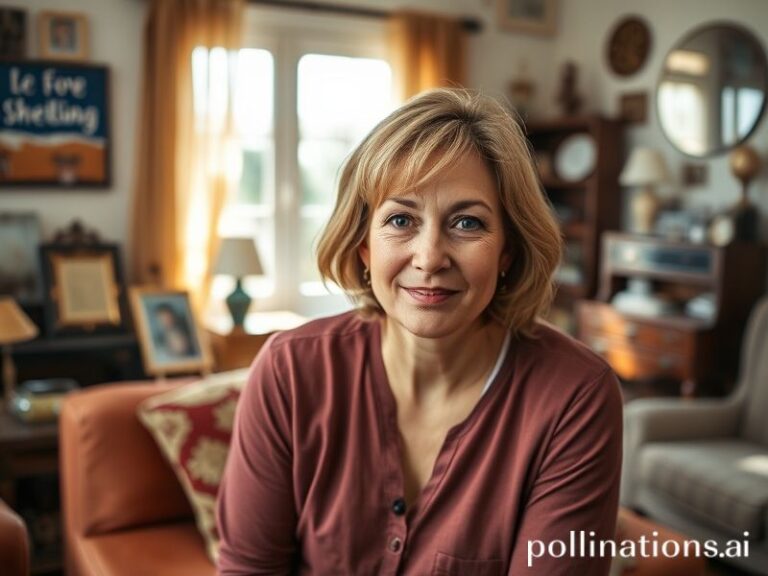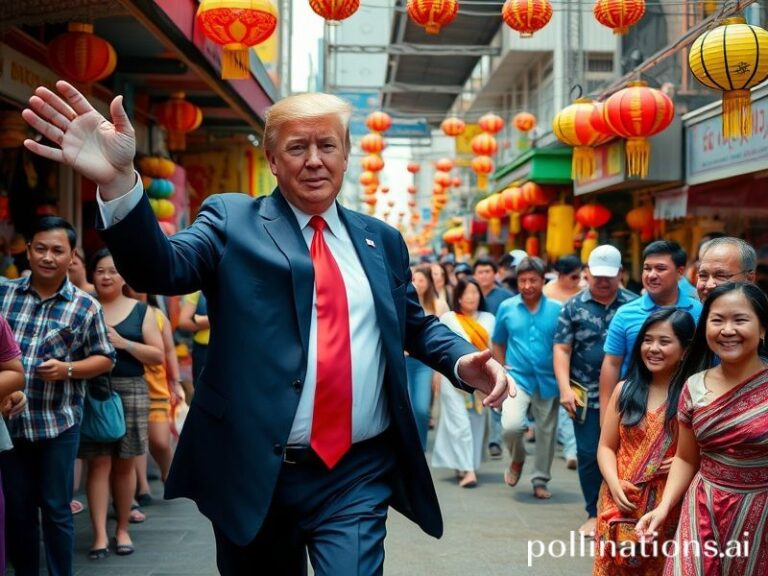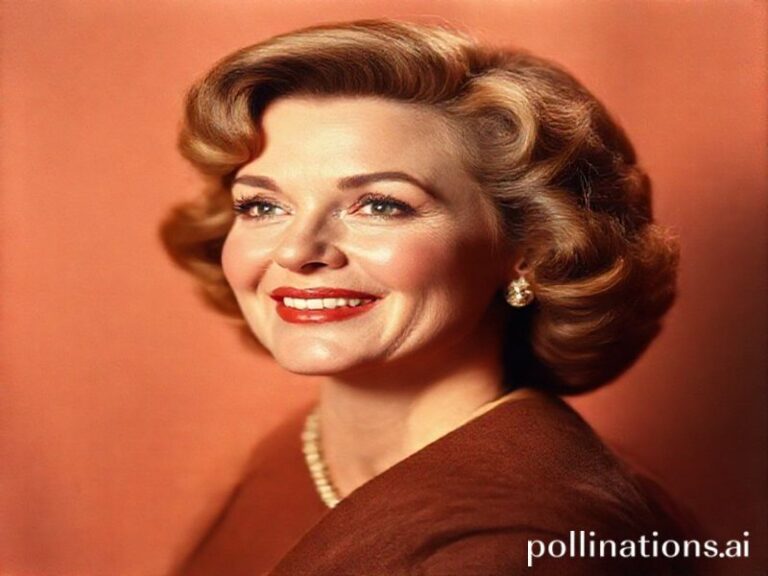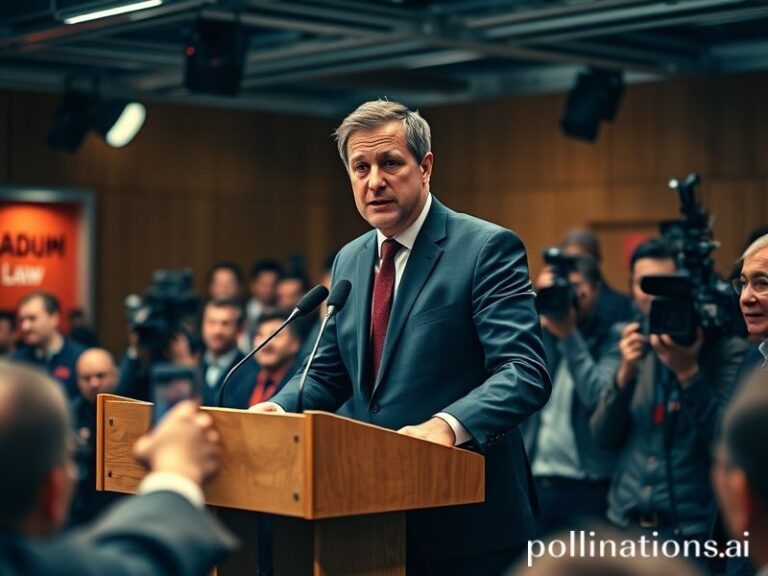Brigitte Macron: The Accidental Empress Teaching the World a Lesson in Power, Age, and the Politics of Desire
**The Accidental Empress: Brigitte Macron and the Global Theater of Political Spouses**
In an era where the personal is perpetually political, Brigitte Macron stands as perhaps the most unlikely figure in the global power pantheon—a former literature teacher who found herself married to France’s youngest president and, by extension, to the relentless scrutiny of an international audience hungry for symbolism in an increasingly symbolic world.
The 24-year age gap between Brigitte and Emmanuel Macron has become the stuff of international fascination, a mathematical curiosity that somehow manages to reverse the standard geopolitical equation where aging male leaders collect younger spouses like diplomatic trophies. This reversal has proven particularly mesmerizing to nations still negotiating their own relationships with power, gender, and the passage of time—a sort of Rorschach test for global anxieties about demographic decline and the desperate search for vitality in institutions that increasingly resemble retirement homes with nuclear codes.
From Tokyo to Tehran, political observers have noted how Brigitte’s presence represents something more subversive than mere marital unconventionalism. In societies where women’s expiration dates are calculated with the precision of dairy products, here stands a woman who began her most public chapter at an age when many cultures would have her contemplating invisibility. The Chinese social media platform Weibo buzzes with discussions about her “elegant aging,” while Indian commentators note how she complicates the Bollywood narrative that female romance ends at 30—though one suspects this feminist reading might overstate the case for what began as a schoolboy crush of almost farcical proportions.
The international press, ever hungry for narrative simplicity, has cast Brigitte as everything from France’s answer to the aging ingénue to a cautionary tale about the perils of mixing pedagogy with passion. American media oscillates between fascination and mild horror at what they term the “Mrs. Robinson dynamic,” apparently forgetting that their own political landscape features couples with age gaps that would make French philosophers shrug with magnificent indifference. Meanwhile, British tabloids pursue her with the dedication of anthropologists studying a particularly intriguing specimen—though one suspects their interest lies less in gender politics than in the reliably profitable spectacle of scrutinizing mature women in the public eye.
What makes Brigitte globally significant isn’t her fashion choices or her charitable endeavors—those obligatory performances in the theater of first lady-dom—but rather how she embodies the contradictions of modern power itself. She is simultaneously a symbol of female agency and a testament to the limited pathways through which women access influence: marry it, birth it, or in this particularly French twist, teach it and then marry it. The international feminist response has been notably divided between celebrating her as a woman who claimed desire on her own terms and questioning the structural implications of a world where a teacher’s most ambitious student project became her husband.
As the planet grapples with aging populations and the desperate search for meaning beyond traditional power structures, Brigitte Macron serves as an accidental philosopher-king—or perhaps philosopher-queen-consort—of our peculiar moment. She represents the ultimate postmodern romance: love as a disruptive technology, age as a social construct, and the eternal human capacity for finding narrative coherence in what might simply be two people who rather improbably fell for each other, consequences be damned.
In the end, perhaps her greatest international significance lies in her unwitting demonstration that even in an age of artificial intelligence and space tourism, we remain hopelessly enchanted by the oldest story of all: the endlessly entertaining spectacle of human beings making spectacularly human choices, then watching the world scramble to assign them meaning.

